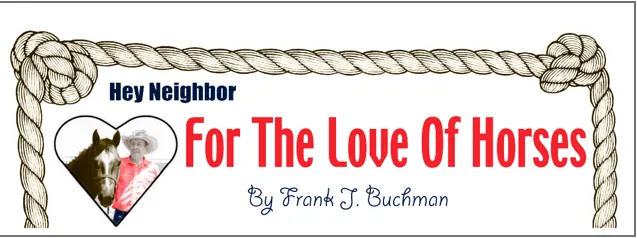Let’s not forget mid-April, the month of “before.” Mid-April: that carefree interlude in state government when legislators were content to take sport in the simple pleasures – bloodletting the poor, slapping a $25 lid on their welfare cash cards, tightening the noose that is KanCare, the privatized scam of health insurance for the poor. Mid-April:
Tax cuts for the upper brackets brought new and larger deficits to the state budget, and budget cuts brought new missives to starve the outlays for state agencies. Thus, legislators looked for more ways to stem the flow of red ink by sticking it to the taxpayers.
Mid-April, when the state’s budget shortfall was estimated at a meager $600 million over two years, before it became $800 million and more.
Mid-April, well before legislation increased the state sales tax to a record 6.55 percent, before the cigarette tax increase, before food sales tax credits were eliminated and itemized tax deductions were revoked and the tax status was jiggered against the poor and the middle classes, before more programs for the poor, the elderly and the infirm were deflated or eliminated, all in the name of cutting (some) costs.
Glorious mid-April: Gov. Sam Brownback signed Senate Bill 228, authorizing issuance of $1 billion in state bonds to play the markets and create cash for the state pension system for government employees and teachers. The bill’s unusual cross-components allow the state to fiddle in the stock market, hoping interest on the bonds is less than the return from the market; they also propel the new arbeit macht frei provisions in Brownback’s welfare-to-work mandates.
While the less fortunate must prove they’re fit enough to work before they’re fit enough to cash a welfare check, the state will roll the dice on a billion dollar bond sale, gambling that interest rates stay below five percent and the market returns more than eight. The difference is between more red ink, or more cuts in welfare programs.
The governor, ignoring the state’s credit rating downgrade by both Moody’s and Standard and Poor, insists it’s a winning plan, all the way.
Sure it is. That’s why so many other states are rushing to do the same.



